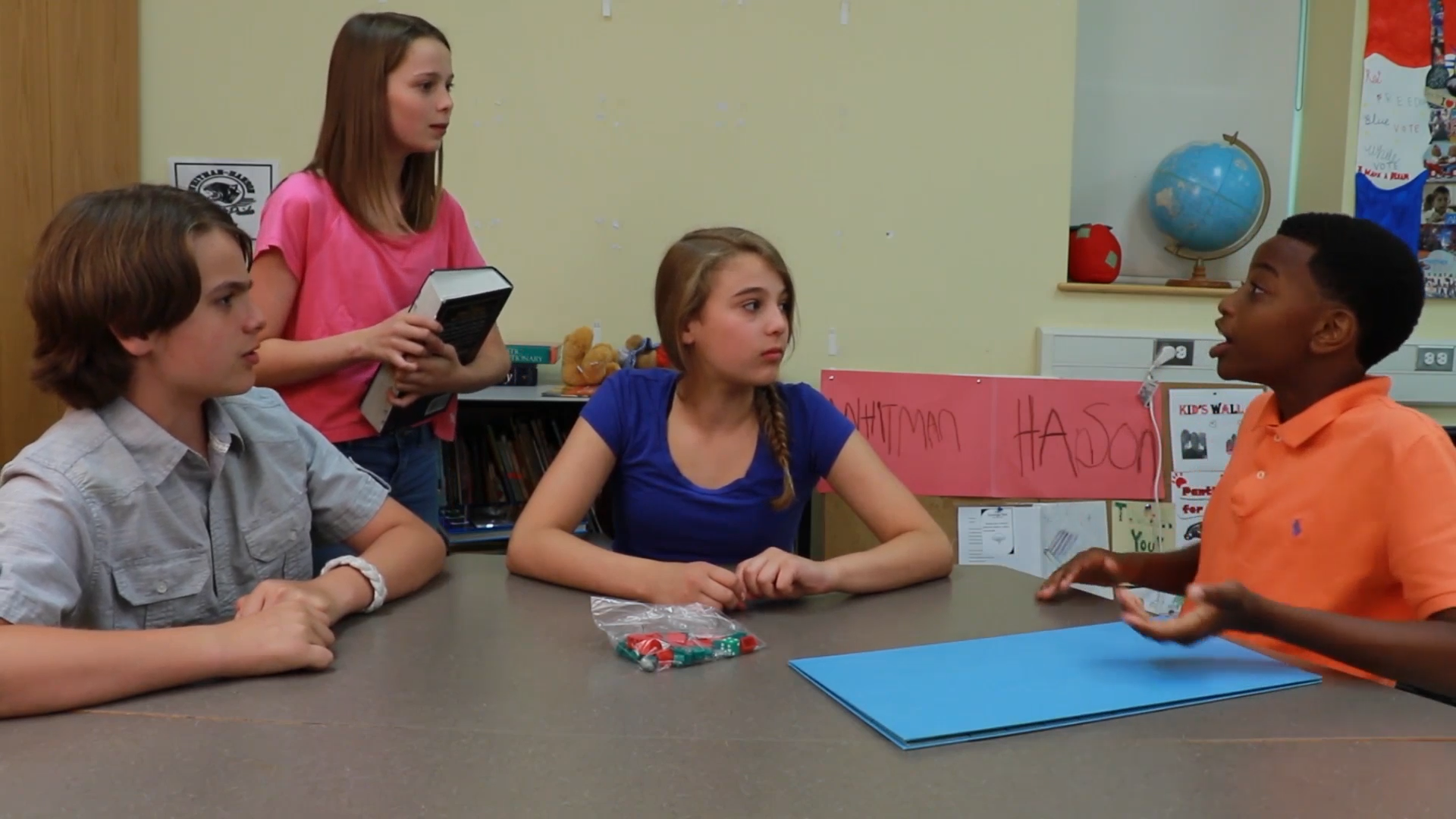
Introduction
In this blog post, we will explore a crucial aspect of Social-Emotional Learning for kindergarten students: understanding the difference between being flexible and being rigid. By learning to recognize and adapt to changes, children can develop healthier responses to unexpected situations and improve their overall well-being.
No-Prep Activity: Two Sides
“Two Sides” is a simple, no-prep activity that helps students understand the concepts of being flexible and being rigid. In this game, the educator presents various scenarios to the students, and they must decide whether the person in the scenario is being flexible or rigid. Here’s how to play:
- Have the students sit in a circle.
- Explain the concepts of being flexible (adapting to changes without getting upset) and being rigid (getting upset or frustrated when things change or when others don’t want to do what we want).
- Present a scenario to the students and ask them to decide if the person in the scenario is being flexible or rigid.
- Encourage the students to explain their reasoning for their choice.
- Repeat with different scenarios, allowing the students to practice identifying flexible and rigid behavior.
Discussion Questions
After playing the “Two Sides” activity, use the following discussion questions to further stimulate conversation and understanding of the concepts:
- Can you think of a time when you were being rigid? What happened, and how did it make you feel?
- Can you think of a time when you were being flexible? How did it make you and others around you feel?
- Why is it important to be flexible in different situations?
- What are some strategies you can use to help you become more flexible when you feel upset or frustrated?
- How can we help others when they are being rigid?
Related Skills
In addition to understanding the difference between being flexible and being rigid, there are other essential skills that kindergarten students should develop as part of their Social-Emotional Learning journey. Some of these skills include:
- Active listening
- Empathy
- Self-awareness
- Problem-solving
- Resilience
Next Steps
To continue supporting your students in their Social-Emotional Learning journey, we encourage you to sign up for free sample materials at Everyday Speech. These resources will provide you with additional activities, videos, and lesson plans to help your kindergarten students develop crucial life skills. By incorporating these lessons into your classroom, you can create a more supportive and nurturing environment for your students to grow and thrive.

